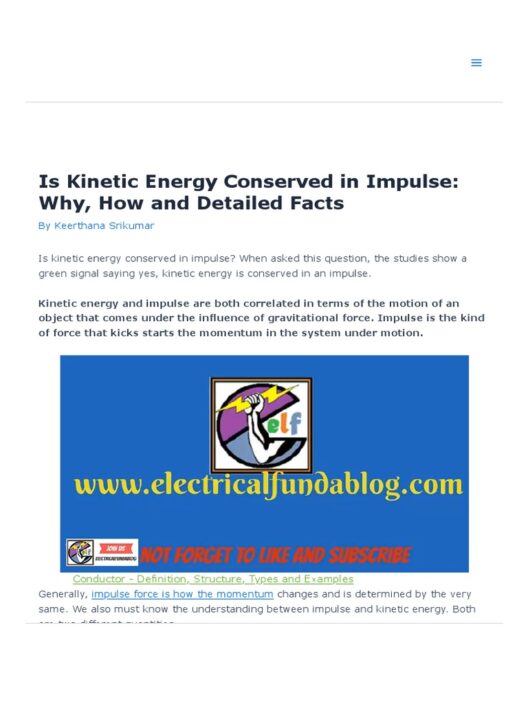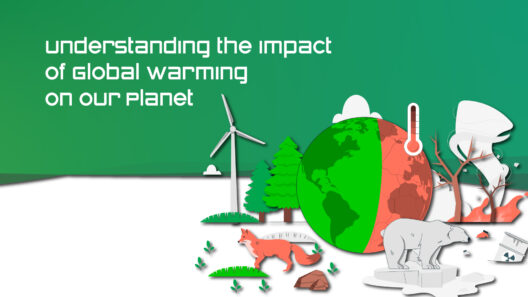The question of whether to capitalize “global warming” is a conundrum that invites both linguistic scrutiny and philosophical contemplation. At first glance, it may seem simple; however, it encapsulates a broader discussion about language precision in environmental discourse. The crux of the issue lies in understanding how terminology shapes perceptions and sways public opinion regarding climate change.
Language is not merely a vessel for communication; it is a powerful tool that can influence thought and behavior. This raises the playful question: Should ‘Global Warming’ be treated as a proper noun, thereby elevating its significance, or should we maintain its lowercase form to signify a common phenomenon? To address this, one must first consider what “global warming” represents in society and the implications of its nomenclature.
The capitalization of terms in the English language typically denotes a specific entity, such as a person, organization, place, or brand. In contrast, phrases in lowercase often refer to general concepts or phenomena. Thus, to capitalize “Global Warming” is to assign it a unique identity, symbolizing the urgency and importance of climate change as a critical global issue. Advocates for capitalization argue that this choice imbues the term with a gravitas that aligns with the scientific consensus regarding climate change’s impact and urgency.
Conversely, treating it as a common noun underscores the fact that global warming is part of a broader array of climatic phenomena and ecological challenges. It can be viewed as a mere product of natural cycles and anthropogenic influences rather than a distinct entity warranting reverence. This perspective may demystify the issue, inviting more individuals to engage with the topic without feeling overwhelmed by its perceived severity.
An illustrative perspective comes from linguistics and how they influence action. When “global warming” is left in lowercase, it evokes an image of adaptability and changeable dynamics, highlighting the ongoing debate about climate variability. It situates the discussion within the evolving science of climate change, reflecting uncertainty and the necessity for ongoing research and dialogue. Such a viewpoint democratizes the global warming dialogue, making it more accessible to the public.
One could also argue that whether or not to capitalize this term might reflect deeper societal attitudes towards climate action. The act of capitalizing may serve to distinguish between trivialization and serious acknowledgment of an issue that impacts every person on the planet. As climate change becomes increasingly intertwined with political agendas, social movements, and economic policies, the strategy of nomenclature morphs into a tactical choice.
Moreover, the ongoing evolution of language itself poses a challenge to adherence to conventional rules. As social norms shift and environmental rhetoric evolves, the lexicon of climate change undergoes transformation too. New terms arise and gain traction, often distracting from older, traditional terminology. This linguistic evolution begs consideration of whether the capitalization issue is a relic of previous discourse or an integral question to contemporary environmental conversations.
Furthermore, the choice of capitalization can manifest in literature, media, and education, affecting how climate issues are presented to audiences. Academic institutions, scientific organizations, and advocacy groups might adopt varying positions on this matter, potentially resulting in a cacophony of interpretations. A singular, consistent approach could cultivate a clearer understanding of climate change and its associated urgency.
On a global scale, standardizing the terminology surrounding climate change could facilitate international dialogue on the subject. In a world rife with competing interests and narratives, establishing a common lexicon becomes crucial for fostering collaboration and unity in climate action efforts. The binding force of a shared language could inspire a collective response to what is arguably one of the most pressing issues facing humanity.
However, the fluidity of language makes it apparent that rigidly adhering to capitalizing or not capitalizing “global warming” is not an absolute solution. Language is infused with culture and context, often reflecting the evolution of societal norms and values. Consequently, flexibility in how “global warming” is presented may become increasingly essential, allowing varied expressions of concern and urgency related to climate change.
To truly engage with the climate crisis, we must look beyond uppercase versus lowercase and focus instead on the substantive dialogue arising from these terms. The language we utilize can motivate individuals to take action, to educate the uninitiated, and to galvanize collective responses to climate change. Ultimately, it is not merely about the words we choose; it’s about the stories we tell, the urgency we convey, and the paths we forge toward a sustainable future.
In conclusion, the question of whether to capitalize “Global Warming” is a mirror reflecting our collective attitudes toward climate change. It is a question that challenges us to contemplate how language can enrich our understanding and engagement with the world’s existential environmental issues. While linguistic precision is important, fostering a widespread dialogue that elevates the climate conversation beyond capitalization may prove to be an even greater triumph for environmental activism.








